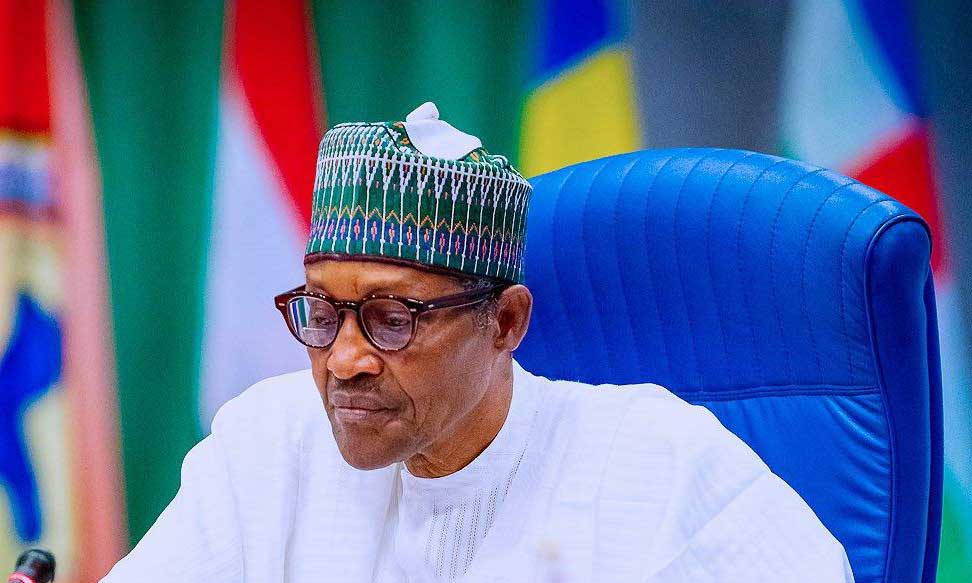Buhari To Leave Nigerians With 22.22% Inflation Rate, Highest In 17 Years
Hopes for a deceleration in the country’s inflation rate were dashed on Monday as the Consumer Price Index which was released by the National Bureau of Statistics revealed that Nigeria’s annual inflation rate rose to 22.22 per cent in April 2023.
The data by NBS shows that inflation under the last month of the administration of President Muhammadu Buhari rose by 0.18 per cent compared to the 22.04 per cent recorded in March 2023 and it is the fourth consecutive month surge since the beginning of the year.
Advertisement
This is the highest inflation rate that the country would be recording in the last 17 years.
Despite the efforts of the Central Bank of Nigeria (CBN) to raise its lending rate to 18 per cent, in a bid to check the inflation rate in the country, inflation still persisted and rose by 0.18 per cent on a month-on-month basis, and further increased by 5.4 per cent from 16.82 per cent recorded in April 2022.
The report said, “The headline inflation rate rose to 22.22 per cent relative to March 2023 headline inflation rate which was 22.04 per cent.”
The NBS indicated that increases were recorded in prices of gas, air transport, liquid fuel, vehicle spare parts, medical services, and road transportation.
Advertisement
Further breakdown of the report indicates that, the food inflation rate in April 2023 stood at 24.61 per cent and increased by 0.26 per cent in march 2023.
While compared on a year-on-year basis, an increase of 6.24 per cent was seen against the 18.37 per cent rate recorded in April 2022.
The rise in food inflation on a year-on-year basis is attributed to the constant hike in prices of, Meat, vegetables, oil and fat, bread and cereals, fish, potatoes, yam amongst others.
Other factors that contributed to the April inflation according to NBS are, food and non-alcoholic beverages recorded to be 11.51 per cent, housing water, electricity, gas, and other fuel at 3.72 per cent, clothing and footwear 1.7 per cent, and transport which stood at 1.45 per cent.
Recall that the International Monetary Fund (IMF), during the World Bank meeting in April disclosed that inflation is a global threat now to economic growth, and Nigeria is on the receiving end.



